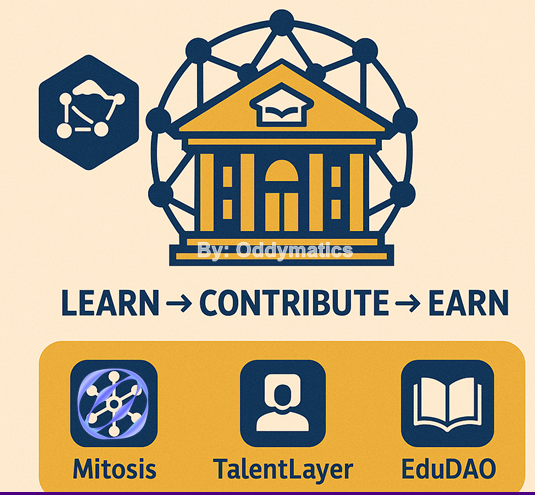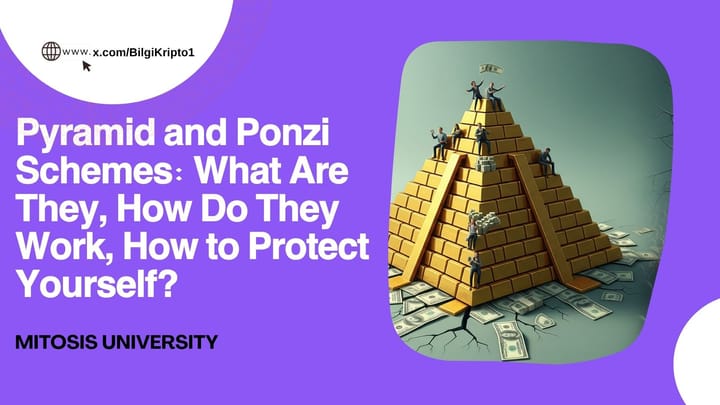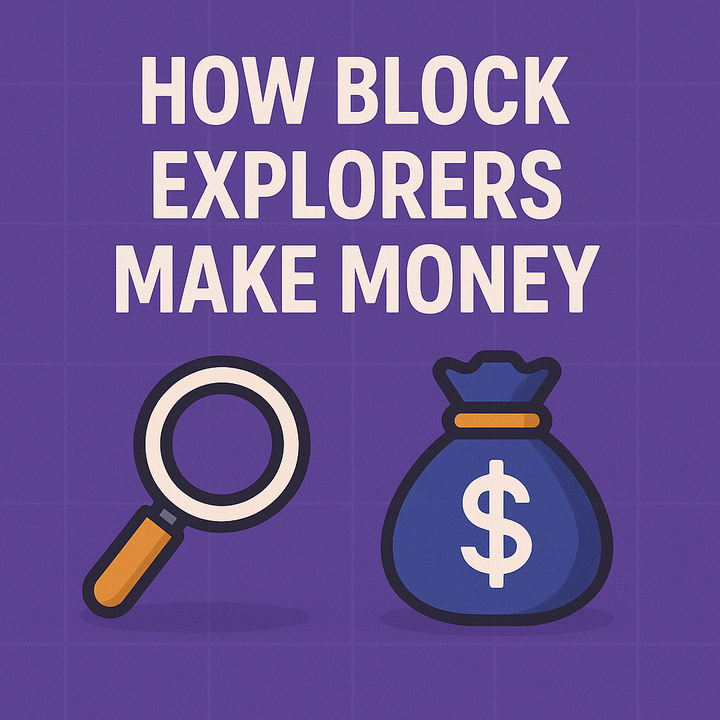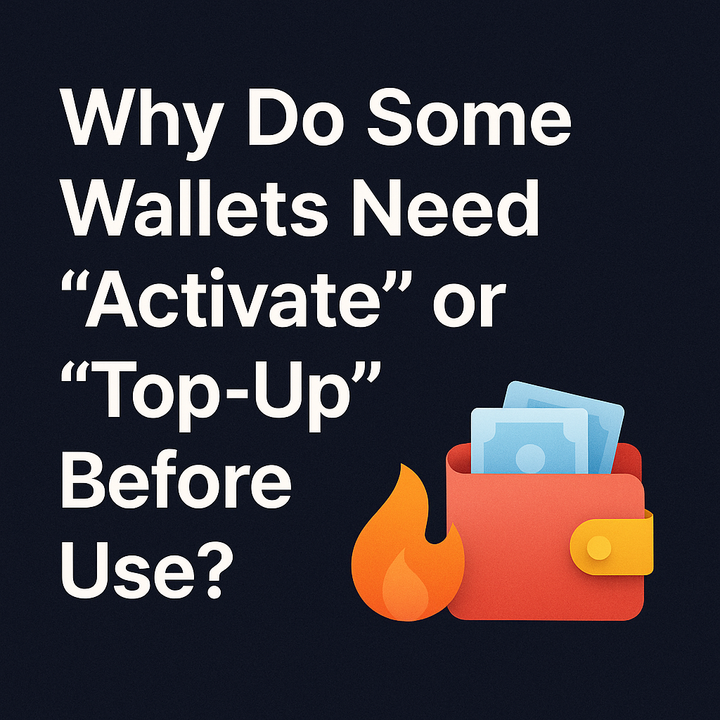How DAOs Are Transforming Education: citing Mitosis university, Talent layer, EduDAO

In 2025, the education landscape is being redrawn, not by policy reforms or private institutions, but by decentralized organizations. DAOs (Decentralized Autonomous Organizations) are moving beyond DeFi, NFTs, and governance and into the classroom.
Driven by blockchain logic and community consensus, DAOs are now powering a new era of learner-owned, community-governed, and financially inclusive education. From credentialing to curriculum design, students aren’t just attending institutions they’re co-creating them.
Decentralized Universities: How DAOs Govern Learning Communities
The traditional university is centralized, hierarchical, and expensive. Decisions are made top-down, and students often have little say in curriculum structure, grading, or institutional direction.
DAOs flip this model entirely.
In a decentralized university, token holders students, educators, alumni, and partners form the governance body. Voting on proposals, shaping curricula, funding courses, and hiring instructors are all done on-chain, often using governance tokens.
Key DAO principles applied to education:
- Transparent governance: Smart contracts govern decision-making, funding, and credential issuance.
- Student-stakeholders: Learners are active participants, not passive recipients.
- Token economies: Contributions are incentivized and rewarded, creating a “learn-and-earn” dynamic.
These learning DAOs aren’t just replacing schools — they’re becoming living, evolving institutions without borders, silos, or tuition gatekeeping.
Learn, Contribute, Earn: Shifting the Role of the Student
In the DAO-ified learning model, education is no longer a one-way street. The 2025 student is also a contributor, validator, and stakeholder.
This Learn → Contribute → Earn cycle is central to DAO-powered education:
- Learn: A student takes courses offered by the community, often asynchronously and peer-reviewed.
- Contribute: The same student can then:
- Propose improvements to course materials
- Create new educational content
- Peer-assess others
- Translate or moderate discussions
- Earn: All contributions are tracked on-chain, and contributors earn tokens, stablecoins, or credentials (such as Soulbound Tokens) for verified value.
This model:
- Empowers learners to be part of a knowledge economy, not just a consumer base
- Reduces student debt by creating economic value during the learning process
- Validates experience over standardized testing
DAO Platforms in Action: What Mitosis, TalentLayer, and EduDAO Are Building
Several leading platforms in 2025 are bringing this vision to life, not just in theory, but through robust protocol layers, tooling, and global learning communities.
🧬 Mitosis University
A a DAO-native educational initiative built on the Mitosis protocol, designed to reimagine what an open, modular, and on-chain learning system looks like. It functions not just as a course provider, but as a dynamic knowledge ecosystem governed by its community of learners, builders, and contributors.
Key features include:
- Modular Learning Pathways: Learners earn credentials by completing on-chain learning modules curated by contributors.
- Morph Points: Users gain reputation and influence in the DAO through consistent contributions, from peer review to research.
- Cross-DAO Collaboration: Mitosis University integrates with partner DAOs to provide interdisciplinary governance, research, and education flows.
- Soulbound Credentials: Proof-of-learning and participation are issued via soulbound tokens, forming the backbone of one’s on-chain academic reputation.
TalentLayer
A protocol that focuses on on-chain talent identity and skill verification, TalentLayer bridges education and employment.
Its contributions to educational DAOs include:
- Immutable skill profiles for learners
- DAO-native resumes and endorsements
- Plug-and-play integrations with bootcamps, workshops, and gig DAOs
Key Feature: Once learners complete DAO-based training (e.g., Solidity 101), TalentLayer verifies and adds it to their reputation stack, making it instantly usable across job markets.
EduDAO
Backed by multiple Layer-1 chains and DeFi protocols, EduDAO operates as both:
- A grant-giving DAO to fund open education projects
- A curation hub for verified, community-created courses
With a focus on accessibility and modular credentialing, EduDAO offers:
- DAO-verified certifications
- Micro-course economies
- Community bounties for content development, translation, and review
Key Feature: Proof-of-Knowledge NFTs, each learner mints a token after course completion, verified by peer assessors and timestamped on-chain.
Final Thoughts: Decentralization as the New Degree
What if the university of the future doesn’t have walls, loans, or fixed semesters?
What if students become shareholders, teachers become collaborators, and curricula evolve like open-source code?
DAOs in education are still emerging, but their composability, transparency, and inclusiveness offer a compelling antidote to institutional stagnation.
In a world where knowledge is abundant but gatekeeping persists, DAO-based learning ecosystems unlock a new promise.



Comments ()